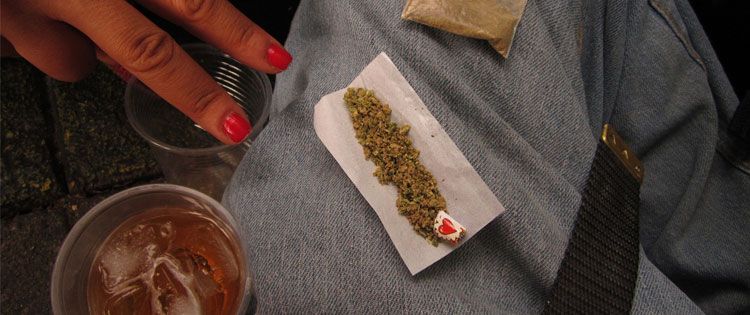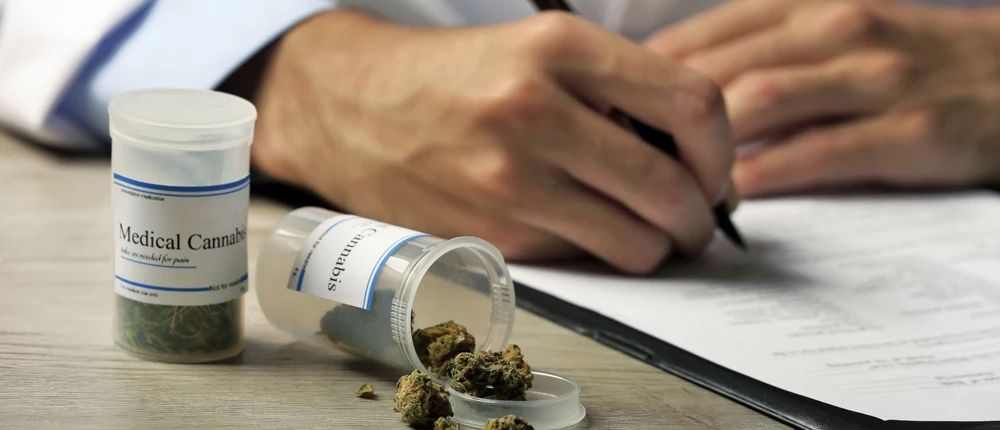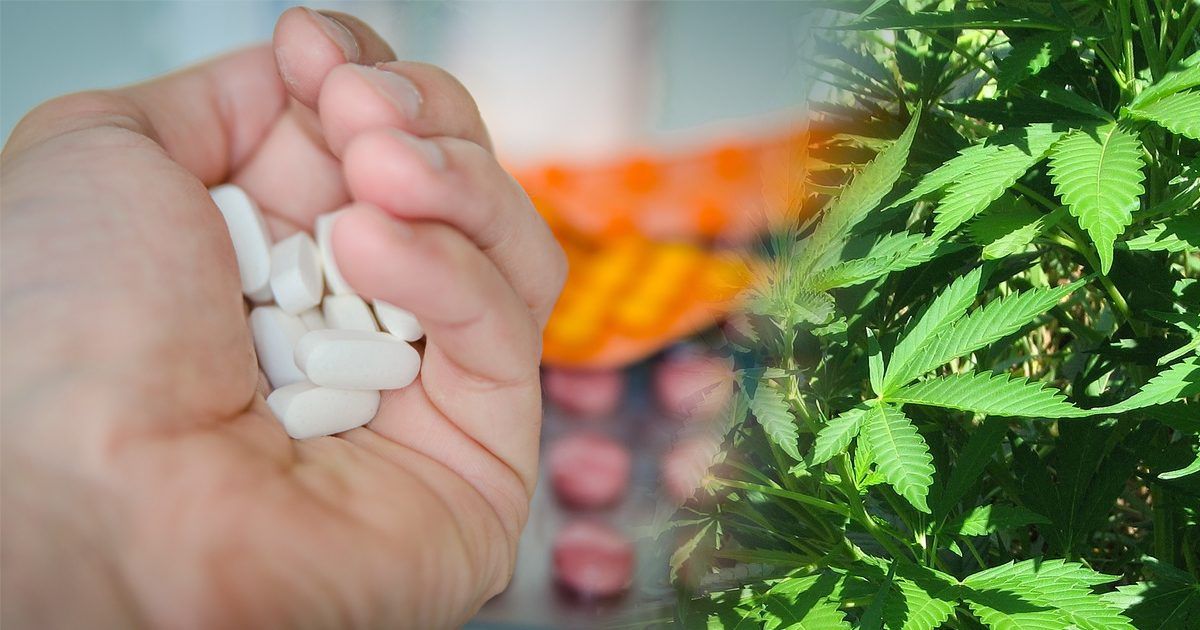While marijuana use is normalizing as legalization sweeps both the U.S. and other countries, there is still a significant stigma attached to use – even as medicine. This is true no matter how young or old you are.
Unfortunately, in the United States, this stigma is likely to continue – and at the highest levels of government for the next several years. This includes both the White House and the Justice Department. If Senator Sessions is confirmed as Attorney General (he has been since the publishing of this post), expect a legal impact that will continue to poison otherwise positive developments as state programs mature.
What Kind Of Stigma Exists?

Marijuana has been demonized for a variety of reasons, for about the last 100 years – and for reasons that had little to do with the plant itself, but other larger societal issues – including race, gender, sexual orientation and socio-economic status.
Today, the stigma that exists is less ostensibly based on such issues, even though there is clearly an overtone of all in the current debate. And while such condemnation falls on both recreational and medical users, the people who, inevitably this falls hardest on are people who use the drug because they have to – as medication.
The biggest stigmas surrounding medical use, in fact, are still baked into federal civil rights law. Nowhere is this more obvious than the fact that the Americans With Disabilities Act (or ADA) specifically excludes the civil rights protections of the act if the person with the disability uses Marijuana. The reason for this is very easy to understand. It has nothing to do with medical impact.
Medical Marijuana as Legitimate Medicine

At the time of passage, medical marijuana was widely used in the gay community to treat AIDS. Conservative members of the Congress opposed both to equal rights for LGBT individuals as well as marijuana that would be reimbursed under federal health care, insisted on the inclusion of this language in the ADA to specifically stymie what was a pending federal initiative to see marijuana covered as legitimate medication for AIDS.
That discriminatory perspective has had long-ranging implications:
- The first is that it is still possible to get fired from any job if one uses medical marijuana – even if prescribed by a doctor.
- The second is that, combined with the existing scheduling of marijuana as a Schedule I, it will not be covered under healthcare coverage until both issues are fixed and changed – and at a federal level in Congress.
Apart from these issues but not unrelated to them is the lack of medical and scientific research that has been conducted on using marijuana as a drug. Because of the Schedule I status of marijuana, research on how the drug interacts with the human body as medicine is still in its infancy everywhere – but particularly the United States. The research that is funded today, including on PTSD, is either funded by state funds or comes from abroad (usually Israel).
Medical Impact

How marijuana works on the human body, particularly when not functioning properly, is equally unknown and stigmatized. This starts with the misperception that medical users automatically have the same reaction to the drug as recreational users – namely that they “get high.” In fact, regular medicinal use tends to normalize the impact of even THC. It also seems to be the case that medical users react differently to the drug – i.e. it interacts with the human endocannabinoid system in such a way that the biological reaction is not a “high” but rather a cessation of pain, or other symptoms.
Combatting The Stigma
The best way to fight the ongoing stigma if not overcome it, is, at its simplest level, continuing efforts to legalize the drug. As more people become accustomed to the idea that marijuana is not “the evil weed,” they are more likely to understand (at minimum) its considerable medical efficacy. This alone will combat the stigma that medical users face. Further, funding more research about how the drug can effectively combat the worst symptoms of if not even cure even chronic conditions no other drugs can treat, will also go far in ending discrimination and stigma of those who use it.
Ongoing educational efforts to inform the wider public is also a major priority. To the extent that both legalization and research are self-perpetuating educational efforts, this is already ongoing.
Outside the U.S., where marijuana has both not been so widely stigmatized and the Drug War not so fiercely waged (i.e. in Europe), medical acceptance is also on a faster track (not that there is not still stigma attached to the drug). For example, in a story that would never occur in the United States at this point, talk show host Montel Williams – who has long advocated for the medical use of the drug – was stopped at one of the largest airports in the world in Frankfurt Germany after cannabis was found in his luggage.
However, after he provided proof of medical use, authorities returned his medicine to him and allowed him to proceed unimpeded. Next year, Germany, unlike the U.S., will also reschedule the drug and allow medical coverage under health insurance.
It is a goal that activists in the U.S. can aspire to. Luckily, such a day, while not dawning tomorrow, is also more surely on track.
How can you battle the stigma of the weed in your own efforts?
Advocate and share with the community!
- Guenter Weiglein – The Persevering Patient - July 7, 2017
- Dr Peace – A German Cannabis Doctor On The Go - July 5, 2017
- The German Marijuana Edibles Market - July 3, 2017



We The majority People on this planet need to wake the hell up and realize that it is crony, corrupt bureaucrats (a minority!) who make life unbearable on this insane planet.
When it comes to cannabis, I really f*c*ing get annoyed that so few corrupt leaders can have such a huge impact on our daily lives. Worse still, we the majority ALLOW this sh!t to happen. Unbelievable.
Well, we’re now in the 3rd quarter of 2020 and a LOT of change in the cannabis landscape has definitely taken place. But honestly, I don’t need any fcuking permission to grow tomatoes, strawberries, apples, oranges or any other crop.
But I do for cannabis?? Give me frigging break!
That is just too much power afforded to government. It was NEVER meant to be this way.
Once again I say, “Wake up, people! Quit relinquishing so much power to corrupt institutions.”
Sounds like a cry into the dessert night.
So where are we, 2022?
Did we not already know our governments to be crocked to to the bone?
I am looking for a lawyer who want to stand up for the little guy being brought to misfortune by a fraudulent contract, Single Convention (1961). Do You Know someone?